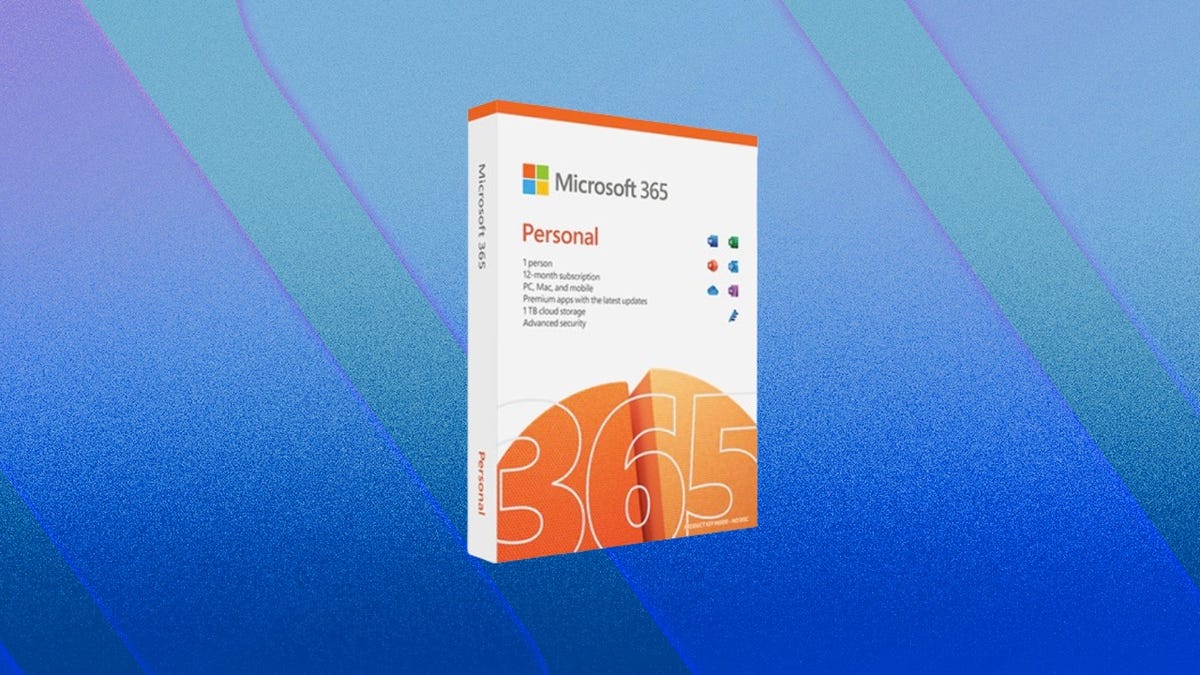For many people, Vice President Kamala Harris’s pick of Tim Walz as her running mate came as a surprise. But her choice signals a mood shift for many Democrats and can offer a valuable lesson for the workplace as well. Here’s how.
Tim Walz was not on the initial list of VP contenders. Two weeks ago, the top names being bandied about by DC watchers and political journalists were: Gov. Roy Cooper, Gov. Josh Shapiro, Gov. Andy Beshear, and Sen. Mark Kelly.
Cooper and Shapiro had popularity in the important swing states of North Carolina and Pennsylvania, respectively. Kelly is a beloved astronaut who also has a large fan base in Arizona, a traditionally red state that now appears to be in play. Beshear was favored for his appeal to independents, and his ability to go toe-to-toe with Vance.
But Walz was not initially on anyone’s radar. He was the affable governor of a solidly blue state, deeply progressive, and no national presence.
His profile grew after he went on MSNBC just days after the Republican convention and brought the fight directly to Trump & Vance, calling them “weird.”
The country has since gotten to know Walz as a former high school teacher and football coach, who backed free school meals, and used IVF to conceive two much-wanted children.
Still, conventional wisdom continued to lean toward the other candidates. Kelly’s military record and red-state popularity would balance out concerns about Harris, for example. Shapiro’s ability to appeal to heavily red western Pennsylvania had the potential to bring along similarly minded voters in other parts of the midwest, including the critically important Michigan and Wisconsin.
Walz’s name kept bobbing along, but he was never fully embraced by experienced political analysts and strategists. They kept running their algorithms and found him wanting. Sure he was a nice guy. But what did he bring to the ticket?
Here’s what they didn’t consider: Maybe their algorithms didn’t apply this time. After all, the huge wave of enthusiasm around Harris took everyone by surprise. Analytically, few would have bet on her winning in a traditional primary contest against other highly popular candidates, like Gov. Gavin Newsom and Gov. Gretchen Whitmer.
But this wasn’t a traditional contest. There was no primary fight. Rather, President Biden had always been the presumed nominee—at least until his disastrous debate performance in June. Mounting anxiety ensued among the left, along with growing desperation around inevitable doom. Then salvation appeared, and voters erupted.
That’s what’s propelling this candidacy forward: A giant mood shift. Joy, exhilaration, and excitement. It’s easy to imagine how the other VP candidates might have slowed that momentum, or brought it to a grinding halt.
But Walz embodies that mood: Giddy enthusiasm. Generosity of spirit. Sticking it to bullies. The key to Democrats’ winning in November is keeping that enthusiasm going. It’s already unlocked record-breaking amounts of campaign donations. It’s what will get innumerable more voters to register, volunteer, and ultimately, to get to the ballot box. Those are the variables that matter in this moment, three months before the election.
So, what does this mean for the workplace?
It’s easy to rely on conventional frameworks when making important decisions.
They worked in the past. The experts push them.
But sometimes you have to understand when you’re in a context that the frameworks weren’t built for. Smart leaders put processes in place that double-check whether the assumptions that produced a particular framework still hold for the decision at hand.
Sometimes the assumptions have shifted, but in marginal ways that don’t impact the overall calculus. But if the assumptions have changed dramatically, then the framework needs to be rethought.
Many organizations fail to to do this. It requires enormous courage to stand up and challenge long-held beliefs. Most people, at all levels of an organization, are incentivized to “go along,” rather than raise questions or push back. It’s why, for example, Blockbuster failed to appreciate the significance of Netflix. Or the car industry was so late in turning to electric vehicles.
Which is why Harris’s choice was notable. She was able to recognize which variables matter in this moment—and how this moment is different than previous presidential elections. She was able to put the conventional frameworks aside and make a decision based on what’s right, for right now.
Apply to the Most Innovative Companies Awards and be recognized as an organization driving the world forward through innovation. Early-rate deadline: Friday, August 23.






